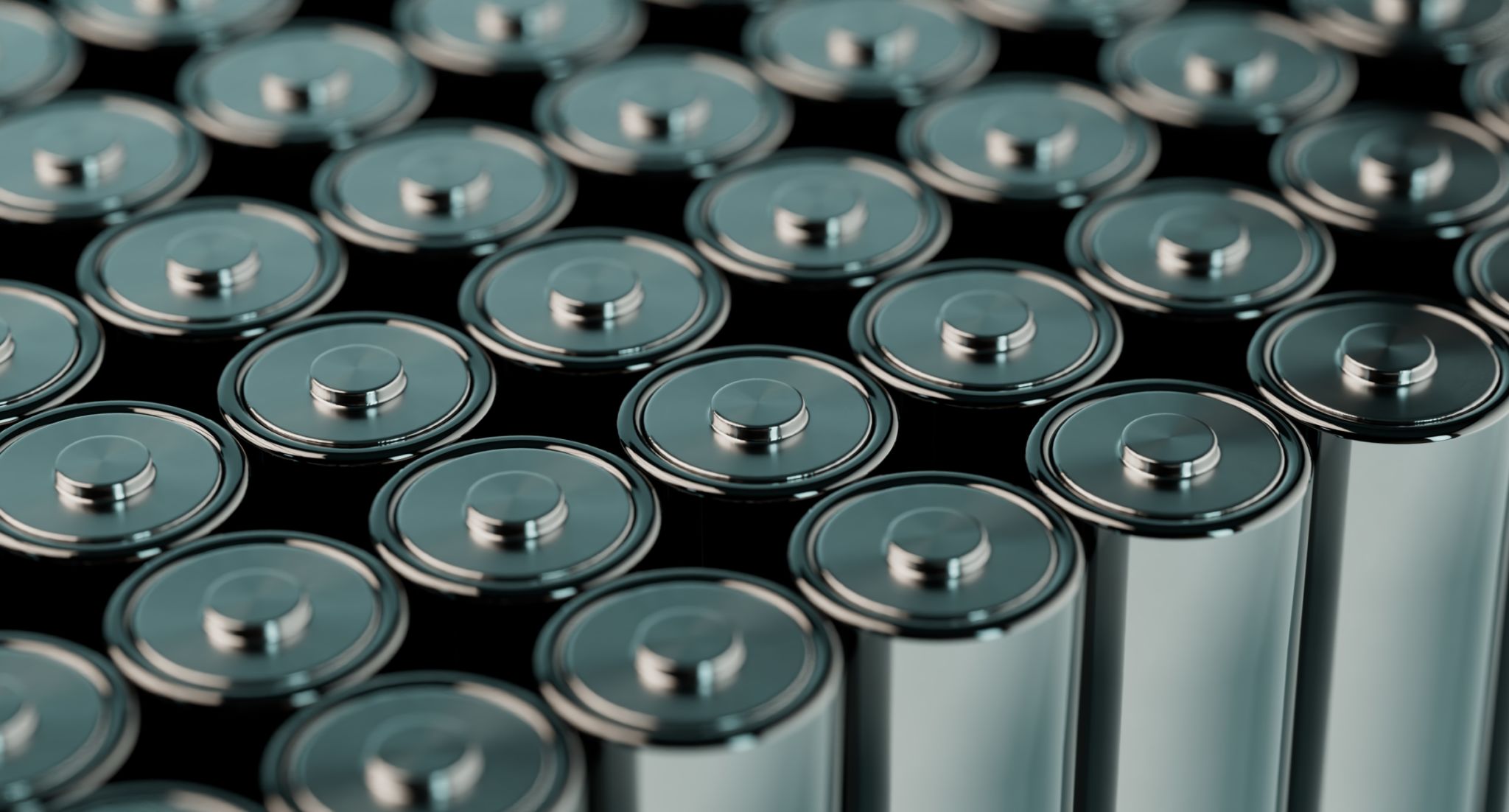Understanding EVE LF280K V3 Grade A Cells: A Comprehensive Guide
Introduction to EVE LF280K V3 Grade A Cells
In the world of renewable energy and battery technology, EVE LF280K V3 Grade A Cells have emerged as a popular and effective choice for various applications. These lithium iron phosphate (LiFePO4) cells are known for their high performance, durability, and safety. In this comprehensive guide, we will delve into the features, benefits, and applications of these cells to help you understand why they are a preferred option for many energy storage solutions.

Key Features of EVE LF280K V3 Grade A Cells
The EVE LF280K V3 Grade A Cells are designed to offer several standout features that make them exceptional in the battery market. Firstly, they boast a high capacity of 280Ah, allowing for extended usage and reliability. The cells also have a nominal voltage of 3.2V, which provides a stable power output for various applications. Additionally, these cells are characterized by their long cycle life, capable of enduring thousands of charge-discharge cycles without significant capacity loss.
Another important feature is their enhanced safety profile. The LiFePO4 chemistry is inherently stable, reducing the risk of thermal runaway and ensuring safe operation even under challenging conditions. Moreover, these cells are equipped with a robust design that includes built-in protection mechanisms to prevent overcharging, over-discharging, and short circuits.
Advantages of Using EVE LF280K V3 Grade A Cells
There are several advantages to using EVE LF280K V3 Grade A Cells in your energy storage systems. One of the primary benefits is their high energy density, which allows more energy to be stored in a compact space. This makes them an excellent choice for applications where space is limited but power requirements are high.
Furthermore, these cells offer excellent temperature performance, operating efficiently across a wide range of temperatures. This makes them suitable for use in varied climatic conditions without compromising performance. Their superior cycle life also translates to lower maintenance costs and longer service life, making them a cost-effective solution in the long run.

Applications of EVE LF280K V3 Grade A Cells
EVE LF280K V3 Grade A Cells are versatile and can be used in numerous applications. They are especially popular in renewable energy storage systems such as solar power installations and wind energy systems. Their ability to store large amounts of energy makes them ideal for backing up power supplies during periods of low generation.
These cells are also used in electric vehicles (EVs) due to their high energy density and long cycle life. This means that EVs equipped with these cells can travel longer distances on a single charge, enhancing their practicality and appeal. Additionally, they are used in industrial applications where reliable power supply is critical.
Installation and Maintenance Considerations
When installing EVE LF280K V3 Grade A Cells, it is crucial to follow proper guidelines to ensure optimal performance and longevity. This includes correctly configuring the battery management system (BMS) to monitor and manage the cells' performance effectively. Adequate ventilation should also be provided to prevent overheating during operation.

Maintenance of these cells is relatively straightforward due to their robust design and reliable performance. However, regular checks should be conducted to ensure that all connections are secure and that the system is operating as expected. Users should also monitor the state of charge and discharge cycles to maximize the lifespan of the cells.
Conclusion
Understanding the capabilities and benefits of EVE LF280K V3 Grade A Cells can significantly impact your decision when choosing an energy storage solution. With their high capacity, long cycle life, and safety features, these cells provide a reliable and efficient option for a variety of applications. Whether you're looking to enhance your renewable energy setup or power an electric vehicle, EVE LF280K V3 Grade A Cells offer a compelling choice for modern energy storage needs.